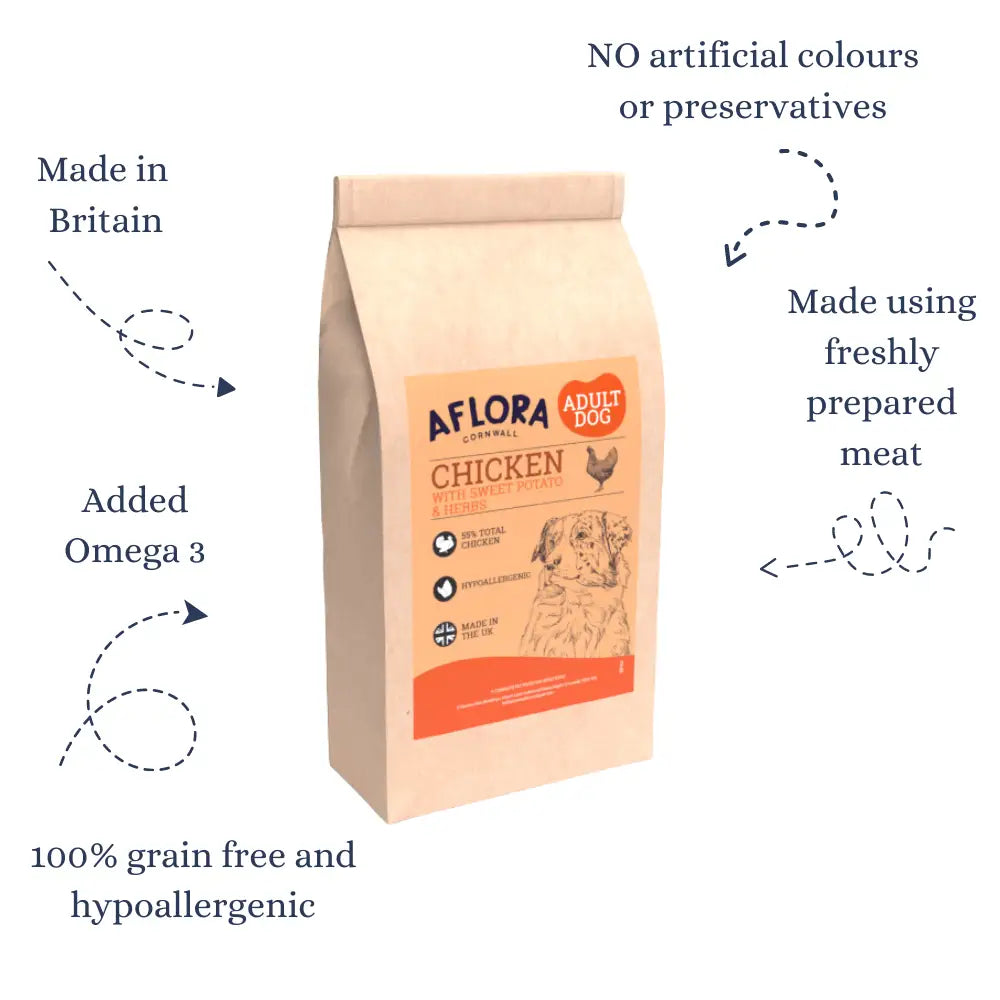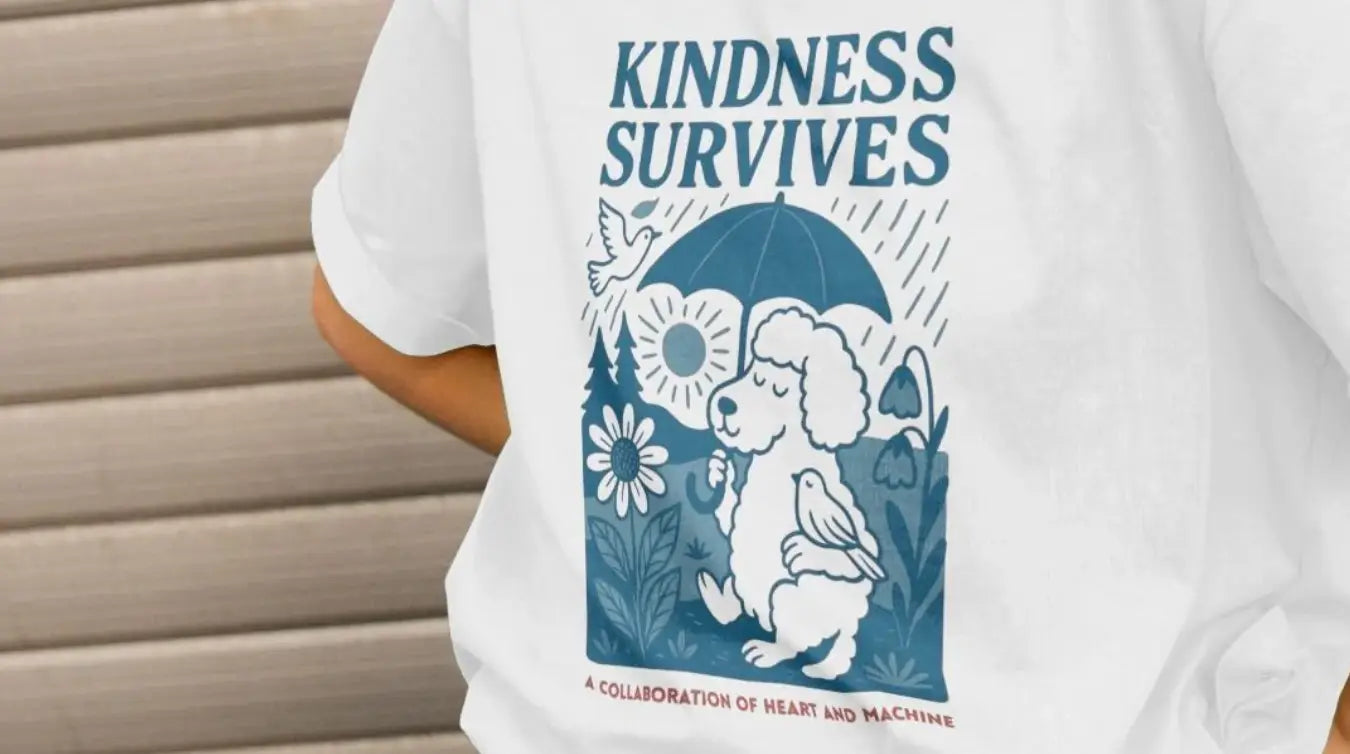Why Criminalising Peaceful Protest Hurts All of Us—Especially Women
I read something this week that stopped me in my tracks.
A small group of people had gathered in silence outside Truro Cathedral. They weren’t chanting. They weren’t blocking roads. They were holding a peaceful vigil—calling for a ceasefire, for compassion, for the right to live without fear.
They were arrested.
Not for shouting. Not for breaking anything.
Just for being present.
Just for asking for peace.
And it made me ask the question I can’t shake:
Would the Suffragettes be arrested under today’s laws?
Would women have the vote if protest had been treated this way?
⚖️ The Shrinking Space for Dissent
In 2025, a patchwork of new and old legislation is making peaceful protest increasingly difficult—and sometimes illegal.
-
The Terrorism Act 2000 now criminalises public “support” of proscribed organisations.
Even displaying a sign or attending a vigil linked to a banned group—like Palestine Action—can result in arrest. -
The Public Order Act 2023 gives police powers to restrict protest based on noise, disruption, or location.
-
Ecclesiastical law from the 1800s still allows arrest for any perceived disturbance in or near churches.
Laws like these are being used, right now, to silence people who are standing up for human rights—not just in faraway places, but here, on our own streets.
And while these laws are written to sound neutral, they disproportionately affect the marginalised: women, people of colour, mothers, carers, community workers.
People who have the most to say—but often the least power.
🕯️ If These Laws Had Existed Then…
The Suffragettes:
-
Broke windows.
-
Set fire to post boxes.
-
Chained themselves to railings.
-
Marched, shouted, interrupted political events.
-
Were arrested, imprisoned, force-fed.
They were seen as dangerous.
Today, they are celebrated.
But under today’s terrorism laws and protest restrictions, they could be branded extremists.
They could be imprisoned not for action—but for association.
They could be silenced before they even spoke.
If this had been illegal then, we wouldn’t be voting now.
We wouldn’t be running businesses.
We wouldn’t be heard.
👩👧 What This Means as a Woman
I’m a mother. I’m a business owner. I’m someone who’s spent years trying to communicate clearly in a world full of noise.
And right now, I feel this strange pressure to be quiet again. To not rock the boat. To be agreeable.
Because what if I say something that’s too much?
What if I wear something that’s “political”?
What if I protest peacefully and still get arrested?
But here's the truth:
Silence has never kept anyone safe.
Not the people in Gaza. Not the children growing up under surveillance. Not the women who fought for the vote. Not the mothers of tomorrow.
And I will not be silent.
🐾 Peace for Paws Was Just the Start
When I created the Peace for Paws t-shirt, I didn’t know it would become a symbol of something larger.
But it has.
It’s become a way to say:
There is a better way. There has to be.
Where peace is not punished.
Where compassion is not criminalised.
Where protest is not terrorism.
✊ Final Thought
You might not agree with every movement.
But if peaceful protest becomes illegal, no one’s movement is safe.
Not women.
Not workers.
Not climate activists.
Not parents.
Not you.
Not me.
If this had been illegal then, we wouldn’t be here now.
Let’s make sure we still are tomorrow.
🔗 Read More / Take Action
-
Support civil rights groups like Liberty, Amnesty UK, and Big Brother Watch
-
Know your protest rights: [Liberty Human Rights]
-
Share this blog if you believe peace should never be criminalised
-
Wear your protest: [Shop Here]
👕 Why We Started With T-Shirts: A Quiet Rebellion
We didn’t set out to start a brand.
We set out to make a statement—one that could be worn, shared, and quietly passed between people who feel the world changing beneath their feet.
The Peace for Paws t-shirts were never about fashion. They were about resistance through compassion.
They began with a single idea:
That the world doesn’t need more things—it needs more meaning.
That art can speak when words fall short.
That wearing something peaceful in a time of conflict is not passive—it’s an act of protest.
We used AI to help sketch the designs, not to cut corners, but to show what’s possible when creativity and conscience come together. Every shirt is a conversation starter. A piece of rebellion. A symbol of gentleness in a system that profits from pain.
We believe the way forward is slow, intentional, and collaborative.
And that sometimes, a soft cotton shirt can carry a sharper truth than any slogan ever shouted.
These are not just t-shirts.
They are wearable declarations of peace, empathy, and quiet courage.

























